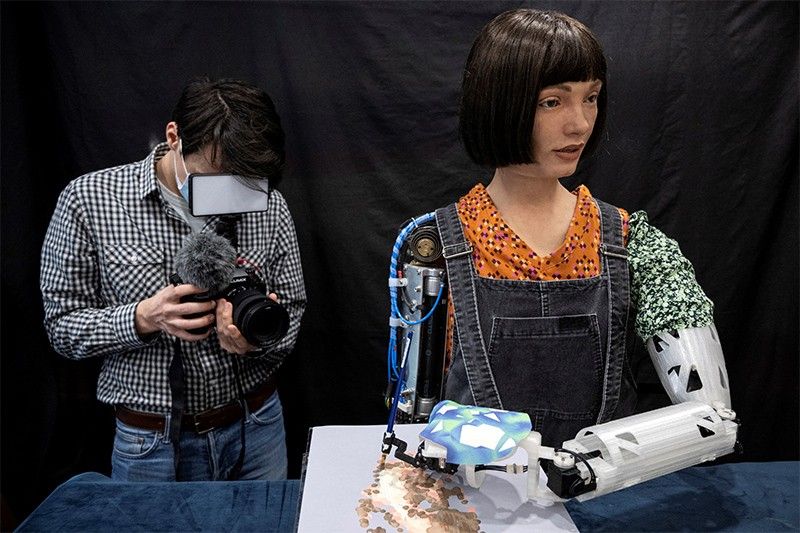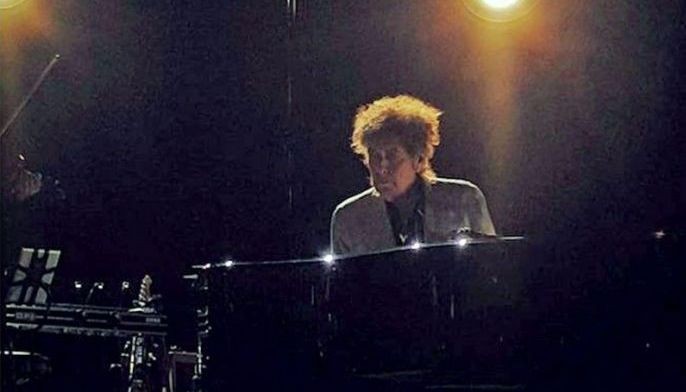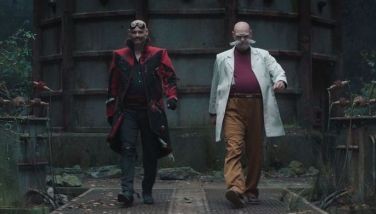AI film festival gives glimpse of cinema's future

NEW YORK, United States — With fantastical characters including mud people and giant grandmothers, an AI film festival is giving a glimpse of the storytelling made possible by the novel technology.
Nearly 3,000 short films were submitted to the festival organized by Runway AI, one of the leading start-ups in the field of AI-powered video generation.
The 10 films selected put the filmmakers' vivid imaginations on display, with their stories set in aesthetically stunning universes.
"There is a perception of ... AI- driven filmmaking and creation as having a very specific style," Runway co-founder and chief technology officer Anastasis Germanidis told AFP.
But each of the selected films "feels very different from the other one," he said Thursday at the festival's awards ceremony.
Movie making and animation having grown by leaps and bounds in the past 50 years, past feature films like "Inception," "The Matrix" and "Loving Vincent" come to mind when watching the AI shorts.
But the latest technology allows films to be made on a fraction of a typical movie budget, and by anyone with access to a computer and the software.
With just a prompt, Runway can transform a series of still images into a short video, or turn a photo into a painting.
In February, generative AI leader OpenAI launched its video creation software, dubbed Sora, while Google and Meta are developing their own versions, called Lumiere and Emu, respectively.
Not yet perfect
For his short that won an Honoree prize at the festival, Leo Cannone generated hundreds of images using the AI application Midjourney, then animated them with Runway, making countless edits along the way.
Current AI technology is still underdeveloped in some areas, particularly in providing multiple camera angles and creating flawless human-like speaking characters.
"I couldn't really have (human) characters or dialogue, so that set the aesthetic of the film," the French director said of his short, about what happens to grandmothers after they die. (Spoiler: they become giants.)
With the AI-generated visuals "there were still a lot of defects in each scene, so I had to retouch a lot. It doesn't come out of the software ready to use."
Runway co-founder Alejandro Matamala conceded the technology wasn't yet perfected.
"If you want a photorealistic character that is human... we are not as advanced to do that. But we are saying, there are more different types of ways to tell stories."
A sea change
Runway is currently developing something it calls "General World Models," an AI system that can simulate a real world environment by anticipating how future events unfold in a dynamic setting.
The three Runway co-founders do not come from computer engineering backgrounds, rather, they studied art-related fields at New York University.
The trio are focused on creating a "common language" for programming and creativity, citing Apple and Pixar as examples.
"For some of the emerging filmmakers like me, it represents a real opportunity to turn the typical model of the Hollywood industry," said Carlo De Togni, who also won an award at the festival.
"Artists could bring to life some new stories without having the money," he said, pointing out that some generative AI platforms offered subscriptions for only $30 or $50 a month.
In the future, "independent production will be probably more closer to some Hollywood productions and maybe they could really face (off with) each other," the Italian director said.
The prospect of such a sea change in filmmaking is so troubling to Hollywood that actors and screenwriters staged a monthslong strike last summer, demanding protection against generative AI, among other things.
For De Togni, the technology will eventually become commonplace, and what will be more important are "your ideas, your thoughts," in using the tools to bring a vision to life.
AI filmmaking already cuts out work currently done by various professionals, putting industry jobs at risk.
But Runway co-founder and CEO Cristobal Valenzuela said automation "really happens all the time, but the jobs themselves are going to change."
"That's the role of technology -- to allow us to change."
- Latest
- Trending
































